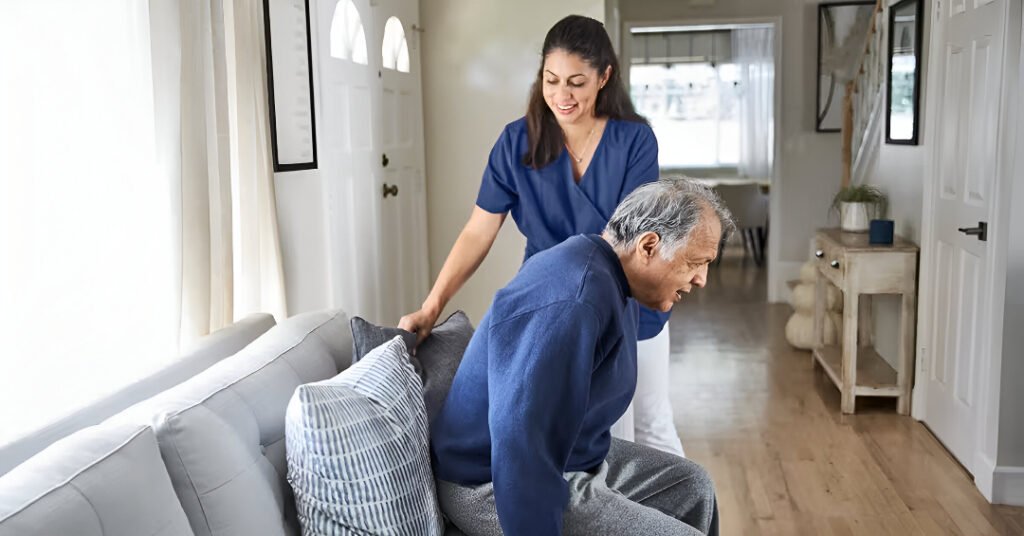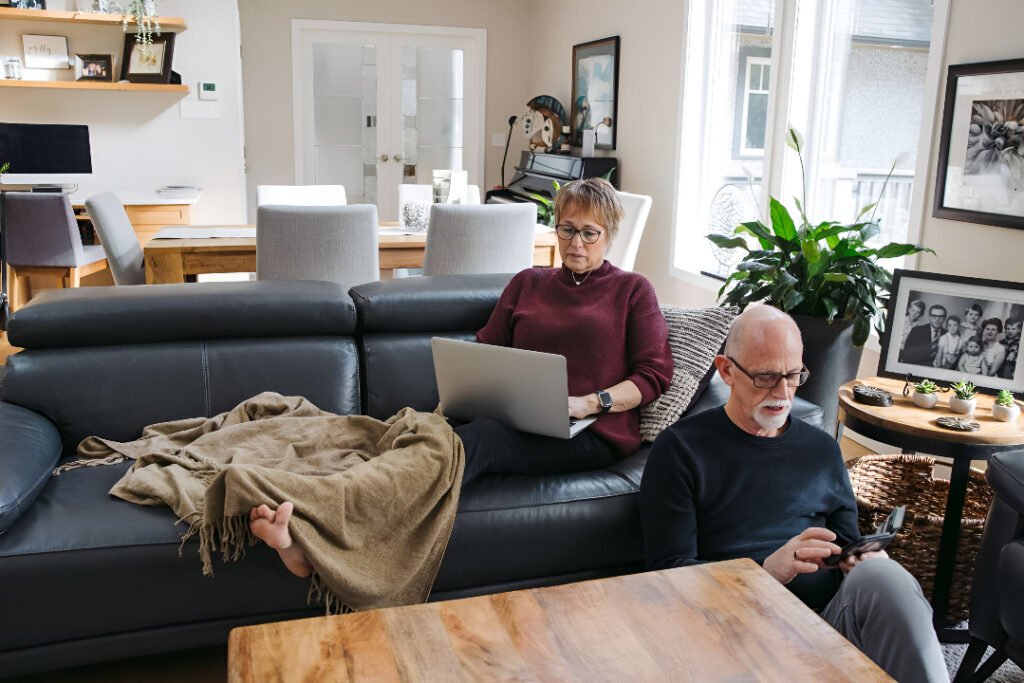
You already know about the damage a sedentary lifestyle is doing to your body, from increasing waistlines to heart problems and reduced metabolism.
In a world where most of your life is spent sitting—be it work, entertainment, or even leisure—you will be terrified to know that sitting for long hours can decline your cognitive capabilities and cause Alzheimer’s disease, which has no cure.
Recent research has revealed a huge correlation between sedentary lifestyle and chances of developing Alzheimer’s disease. Let’s explore what Alzheimer’s is, what the studies show, and what you can do to keep yourself safe.
What is Alzheimer’s disease?
Alzheimer’s is a progressive disorder that causes memory loss, confusion, difficulty in thinking, and behavioral changes. It is caused by the degeneration and death of brain cells.
It starts with mild memory loss and progresses to severe cognitive impairment, affecting the patient’s ability to carry out simple daily tasks and ultimately even being fatal.
Alzheimer’s is the disease that can later develop into dementia, which is an umbrella term used to describe decline in cognitive function.
Link between sedentary lifestyle and Alzheimer’s
Many recent studies have established an association between high levels of sedentary behavior and risk of developing Alzheimer’s.
A meta-analysis done in 2024 involving over 250,000 participants found that people who indulge in long hours of sitting, especially for leisure, have about 30% more chances of developing Alzheimer’s than individuals who sit less. (PubMed Study)
Another study published by PNAS in 2022 (Proceedings of the National Academy of Science) strongly indicated that passive sitting activities that involve little to no mental stimulation are profoundly linked with the risk of developing Alzheimer’s and dementia.
However, the same study also showed that mentally stimulating activities like gaming or using a computer caused a lower risk of dementia and Alzheimer’s. (PNAS Study)

How much sitting is too much?
According to a study conducted by the University of Arizona, adults who spend more than about 10 hours sitting every day have a higher risk of developing Alzheimer’s.
The study also showed that including breaks between your sitting periods doesn’t show a significant effect on your chances of developing Alzheimer’s. This directly indicates that how much time you’re spending sitting in total is more important compared to how much you sit at one time.
What can you do?
The good news? All this can be controlled by making some changes in your behavior and life choices.
Aerobic Exercise
Aerobic exercises like walking, running, and cycling can reduce the risk of developing Alzheimer’s by up to 76%. This is because these exercises boost blood flow to the brain and reduce plaque buildup.
Strength Training
Regular strength training can not only reduce chances of developing Alzheimer’s but also improve your brain health.
A study performed at UNICAMP, Brazil, showed significant improvement in adults with cognitive disorders with just strength training twice a week for six months.

Lifestyle Changes
Healthy lifestyle changes like regular exercise, less sitting, and moving more can lower your chances of Alzheimer’s.
A study involving over 430,000 people showed that replacing just 30 minutes of sitting with physical activity can reduce your chances of Alzheimer’s by over 6%. (PMC Study)
Bonus: Active Sitting
Apart from walking, running, and exercising, some solutions like standing tables can also help you avoid this incurable disease.
But the concept of active sitting is also an effective technique you can adapt to. Active sitting includes the incorporation of activities like fidgeting, posture shifting, or using posture balls to enhance blood circulation and stimulate neural activity.
This small technique can help you keep your brain active and avoid developing diseases like Alzheimer’s and dementia.
Conclusion
Alzheimer’s remains a feared disease that can appear in old age. Its solution does not lie in any treatment but only in preventing it by adopting a healthy lifestyle filled with less passive sitting and more physical activity.
Some other measures you can take:
- Work out twice a week for at least 30 minutes.
- Avoid sitting for more than 1 hour at a time.
- Avoid passive sitting activities like watching TV.







